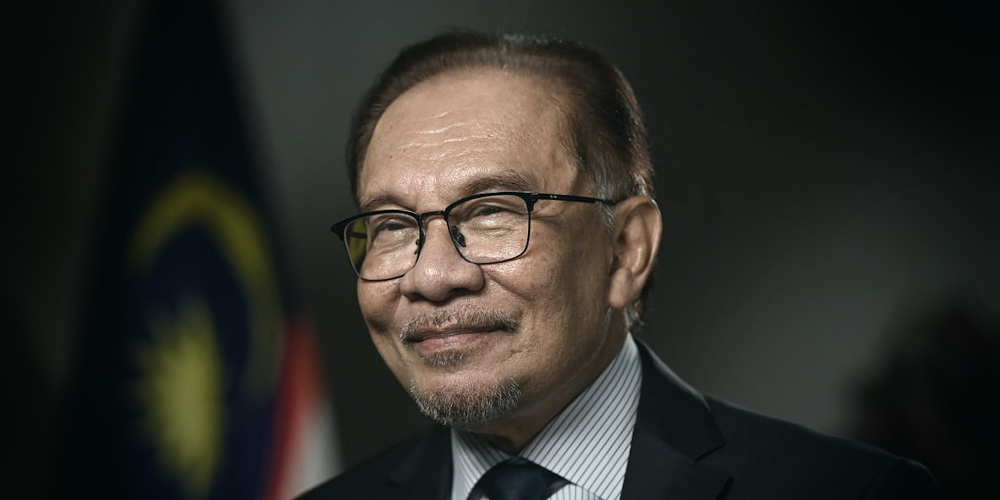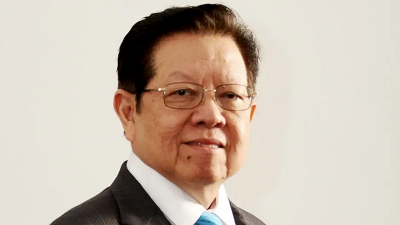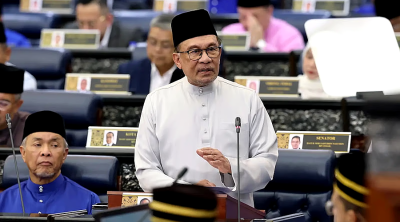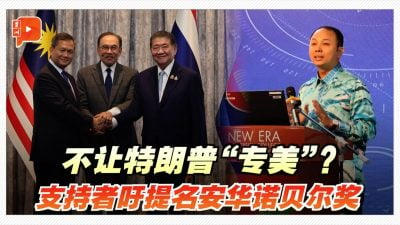
The crony racial politics prevalent under the previous Umno-led Barisan Nasional government has remained harmful to the state-owned enterprises (SOEs) to this day!
Except for the banking and financial sector and some monopolistic companies, most state-owned enterprises that need to compete in the international market have suffered huge losses.
The most typical among these SOEs is the Malaysian airlines.
The main reason for this is that the senior management positions of SOEs come from political appointments or agents recommended by powerful politicians.
Most of these executives can be summarized as those who “do not need to do anything substantive in their positions.”
They are more responsible to the political party than to the state-owned enterprises, because they are more likely to lose their positions if they are not loyal to the party leaders, whereas the consequences of not fulfilling their responsibilities are by contrast not held seriously accountable.
In many cases, these executives could shirk responsibility by blaming on other relevant or irrelevant factors.
In theory, it is easier for the SOEs to achieve economies of scale and benefits by relying on the support of the nation’s huge financial resources and the mutual care between state-owned enterprises.
However, this is often not the case in operation. The reasons for this have various backgrounds.
The first is strategy. For example, the development path of the SOEs in some large countries may prioritize national defense, military and infrastructure construction, paying little respect to the global commodity value chain.
When shortcomings are discovered as a result of technological change and market demand, follow-up adjustments are cumbersome due to the huge investment and the impact on the upstream and downstream sectors.
It is like turning a large ship around which is not only time-consuming and difficult, but it also has to deal with interference from the vested interest groups.
The second is that the change of strategy affects the decision-making political leader’s command of confidence and the authority within the party.
This is highly true in oligarchic political regimes, and it is also true even for the former prime minister of Malaysia who planned the “national car.”
Even if there are many problems, people will not see drastic reforms during their tenure in office.
The third is even more critical which is the supervision and meritocracy of the SOEs.
When it comes to meritocracy, the SOEs in Malaysia today are miles away from this principle.
Given the poor management of the SOEs, this has affected all upstream and downstream industries related to them, and consequently, has to a certain extent connected to the continued weakness of the ringgit.
Besides meritocracy and fair promotion regardless of race, the SOE managers must be able to move up and down.
While employees can come in and out, there must be no inbreeding or cliques for personal gains in the recruitment exercise.
SOE leaders which include the board of directors and senior executives are policymakers who must have the determination to reform their own SOEs that lack vitality and capacity in competitiveness.
Naturally, they must first eliminate their past practice in getting kickbacks from suppliers by jacking up prices.
Prime Minister Anwar Ibrahim has indeed inherited the above-mentioned problems left over from the previous administration, which have involved extensive and complex problems of alignment between the SOEs and their stakeholders.
Judging from the current balance of political power between the ruling and opposition parties and the sensitivity of racial issues, as well as the fact that PKR has only 20% of Malay votes, any major move or ill-conceived operation could likely bring about a strong backlash from the opposition parties causing political instability or even turmoil.
In dealing with the inefficiency problem of the SOEs, thinking of solving it simplistically by adopting the “market-oriented mechanisms” is not practicable.
Taking into account the current political situation and racially sensitive issues in Malaysia, several major suggestions are put forward below as operational guidelines for the initial stage of reforming state-owned enterprises:
1. The selection and promotion of senior executives of state-owned enterprises should still be dominated by Malays in the near future. Priority should be given to those who come from cities, have good higher education or have rich professional experience, and avoid using political parties to recommend their own people.
The potential of this type of executives lies in their open vision, diligence, strong professional ability. Their political party background however should take a secondary place.
2. The government, through the Anti-Corruption Commission (MACC) strictly supervises state-owned enterprises and strictly prevents bidding fraud, money and power transactions in project offerings.
To run a state-owned enterprise well, the key is not only to have good leaders to manage it, but the leaders themselves must also be supervised with the set standard of operations.
Rewards and penalties must be made clear and transparent.
The quality of board members is very critical, and their selection must be based on professional background, experience and dedication, so as to achieve efficiency in development strategies and coordinated operations.
They should play a key role in the checks and balances of executive supervision.
3. Leaders and employees of state-owned enterprises must be managed by incentive and restriction mechanisms.
The lack of incentive mechanism or an imperfect mechanism will greatly affect the enthusiasm, innovation and dedication of employees.
On the contrary, it is necessary to eliminate the bad mental states of employees who are inclined to “do as little as possible” and “put off responsibility as much as possible.”
The above three points are only reform suggestions put forward to address the shortcomings of Malaysian state-owned enterprises, and there should be many more issues that have not been discussed.
The crux is that without reform and innovation and strengthened supervision and management, state-owned enterprises that occupy a key position in the national economy will continue to drag down the overall economic performance, which is detrimental to our vision of becoming an advanced nation.
As the Malaysian ringgit continues to depreciate against the U.S dollar, this will continue to move further and further away from our target individual income standards set in U.S dollars in achieving a developed nation status.
This is the time for critical reforms to avoid further losses of state assets.
(Wong Tai-Chee has his B.A and M.A degrees in Urban and Regional Planning from the University of Paris, and earned his PhD in Human Geography from the Australian National University. After teaching 20 years in Nanyang Technological University, Singapore, he retired in 2013. He then worked as Distinguished Professor for two years at Guizhou University of Finance and Economics, China, and as Dean and Professor at the Southern University College, Johor until the end of 2018. He was Visiting Professor to University of Paris (Sorbonne IV), Visiting Fellow to Pekin University, Tokyo University and University of Western Australia. His main research interests are in urban and economic issues, and more recently on Malaysian politics. Besides his 15 self-authored and edited book volumes, he has written over 100 academic articles and published widely in international journals.)
ADVERTISEMENT
ADVERTISEMENT








































